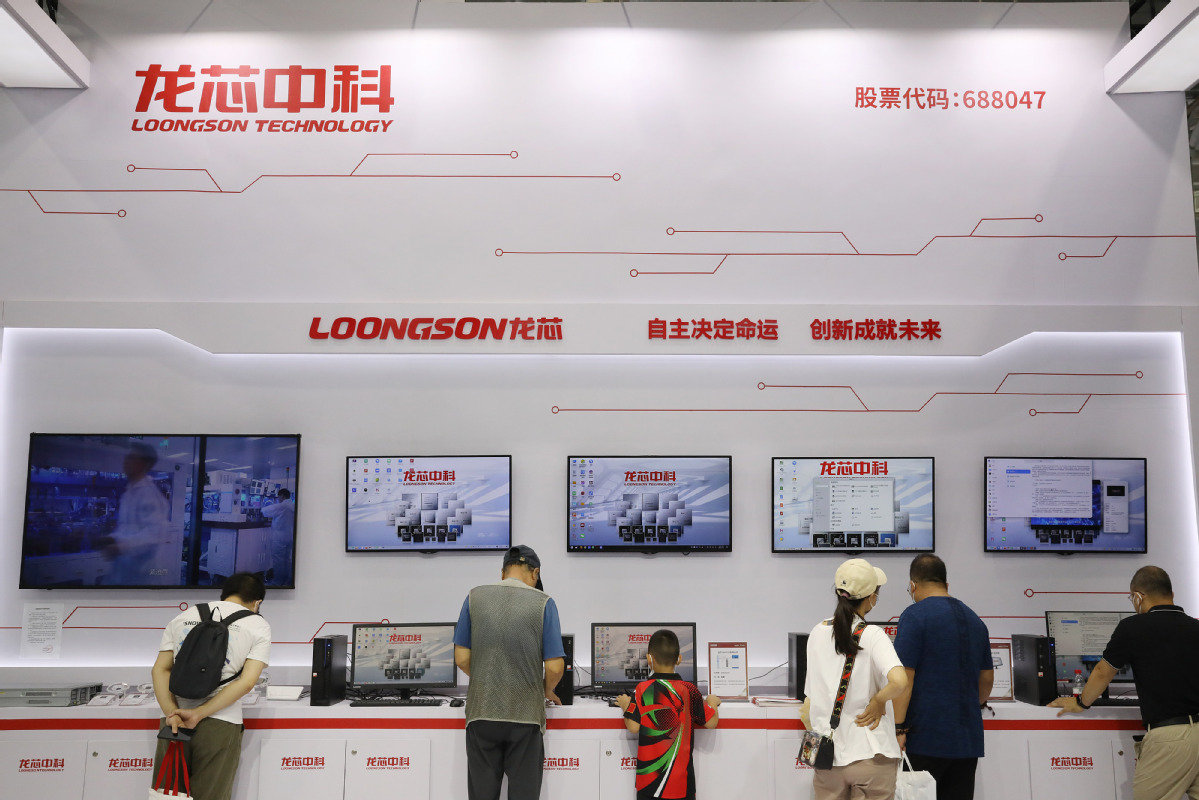Raring to navigate pivotal phase of reform
China's roadmap to emerge as innovation-driven country draws praise from experts


The resolution's emphasis that education, science and technology, and talent function as basic and strategic underpinnings for Chinese modernization is also echoed by many experts.
Wan Jinbo, a researcher at the Institutes of Science and Development at the Chinese Academy of Sciences, said, "Integrating reforms across education, science and talent is essential for achieving cohesive and integrated development, which is critical for supporting China's modernization."
The comments came after China, for the first time, replaced the United States as the largest contributor to high-quality natural-science research by ranking No 1 in the share of papers published in top journals in 2022, according to the Nature Index, a report released by Springer Nature Group, an internationally renowned science and technology publishing house.
In 2023, a year after health science publications were added to the Nature Index, China was top overall, said Springer in its latest report.
But China still faces many challenges in nurturing talent, and efforts are needed to boost international scientific and technological cooperation, which is an inevitable trend, and fundamental research serves as an important channel for promoting such cooperation, experts said.
Dou Xiankang, head of the National Natural Science Foundation of China, said, "We must balance development and security, expand openness based on independent innovation, and actively integrate into the global innovation network."
Aware of the challenges and risks ahead, the resolution also called for improving the systems for enhancing the resilience and security of industry and supply chains. It said China will move faster to build industry and supply chains that are self-supporting and risk-controllable, and improve the institutions and mechanisms for bolstering key industrial chains like integrated circuits.
Hu Weiwu, chairman of Loongson Technology, one of the few Chinese chip companies that have developed its own processor architecture, rather than relying on licensed designs from foreign companies, highlighted the meeting's significance, especially as China enters a critical period for high-quality economic development.
"Loongson is at a crucial transition stage, shifting from technology catch-up to ecosystem building, from policy-driven development to venturing into open market competitions, and from a follower to an independent innovator. We will work hard to achieve high-quality development and help foster a self-supporting and risk-controllable information technology ecosystem in China," Hu said.
Deng Zhonghan, an academician of the Chinese Academy of Engineering, emphasized the importance of mastering core technologies for national long-term development. He called for the collective efforts of government, enterprises, research institutions and the broader scientific community to cultivate innovative talent, a critical focus for future work.


















